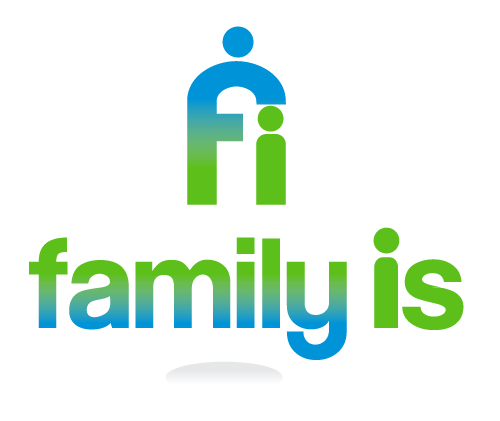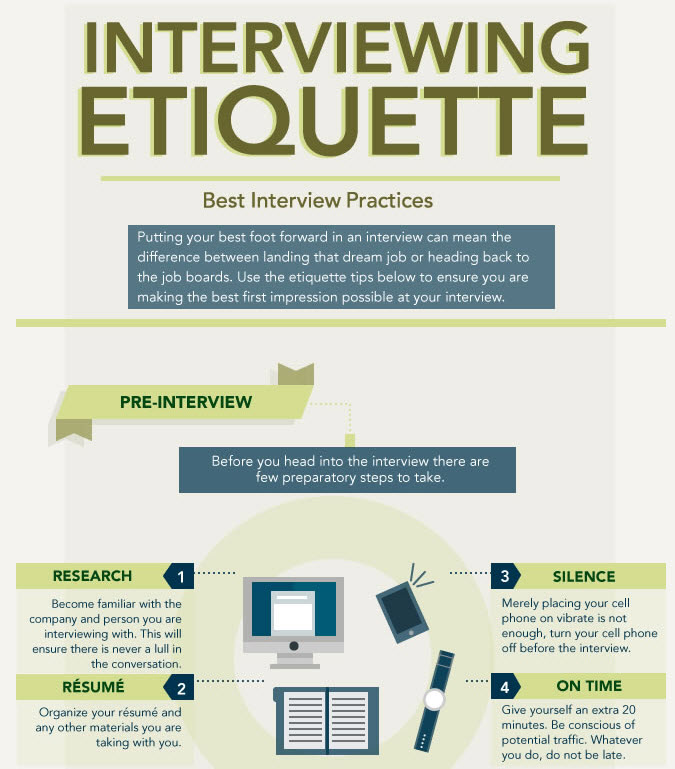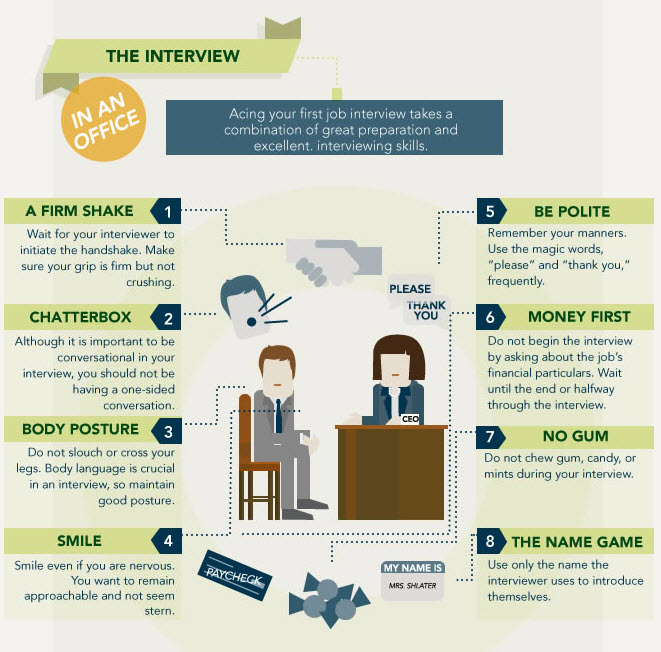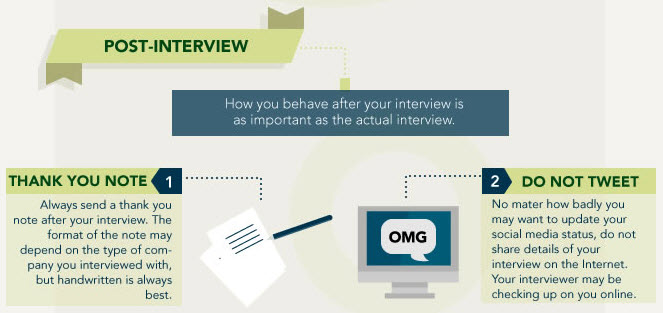Offer value
Don't arrive at an interview invoking a spirit of "I need a job," but rather present a disposition that says "I have value to offer to you." Employers are looking for more than a body to fill a position; their desire is to hire a valued candidate whom will enhance the objective of their mission. A candidate who arrives with the spirit of "I need a job" communicates that they are not the ideal candidate to fill the vacancy.
Be Prepared
Your favorite football team thoroughly prepares to compete each Sunday. They practice, practice and practice some more. They engage in extensive film study, and conclude their week of preparation simulating, via what is known as a walkthrough, the researched tendencies of their opponent.
Before going to any job interview you must behave as a football team. The following things are an absolute must if you expect the interview to materialize into a hired:
- Become intimately familiar with the company. Gather information about them by researching their website. Attempt to discover additional information by conducting a Google search. The discovered information will prove to be most valued when your answers to the interviewers questions includes elements of from your research. Demonstrating to the interviewer that you've conducted research on the company suggest that you may be an excellent candidate for the job.
- Practice, practice and practice some more. You must anticipate some of the questions that will be asked of you and have prepared clear, concise and concrete responses. Your answers to their inquiries represents the difference between being stricken from possible employment and being hired.
- Walk through the entire interview process - from the moment you arrive in the building to the instant that you depart. Know how you will greet the receptionist. Know what your closing response will be before departing the interview. "Proper Preparation Prevents Poor Performance."
Arrive early
Arrive about 15 minutes in advance of your interview. This allows you (1) not to feel rushed - providing you time to calm your nerves; (2) you have time to survey the atmosphere to locate items in and around the office you may be able to use for a transitional ice-breaker. For example: you've entered the interviewer's office and see that it is filled with golf items - you say something as simple as "I see that you enjoy golf." Your simple statement doesn't take away any time from the interview and demonstrates your spirit to observe your surroundings. People - no matter how busy they are - generally enjoy speaking about things they love.
Interview the interviewer
When a consumer is in search of purchasing a product there exist an exchange of questions between the seller and the consumer. When a new couple begins dating there exist between the man and woman exchanges of questions. These exchanges of questions take place to gain greater knowledge. In your interview the interviewer should not be the only one asking questions. You too should be asking engaging questions. Come alive and stand out in your interview by asking powerful question.
Engage the interviewer by asking questions. They've probably asked you something like: "What is your greatest strenght?" You should ask them something like: "What makes this a great company to work for," or "Where does the company project that it will be in five years?"
Don't communicate yourself out of the job
Everything you do communicates a non-verbal message. What time you arrive communicates a message. The cloths you wear sends a message. The tone of your voice transmits a message. How you sit - tall or slouching - gives off a message. Seven percent of communications is the spoken word. In contrast, 55 percent is non-verbal. This means the potential to either be hired or passed over could be decided before your interview takes place, simply because of what you've communicated non-verbally.
An early arrival, greeting folks with warm welcomes accompanied by a tone that's confident - not cocky; supported by a firm handshake while sitting and walking tall are some of the non-verbal messages you want to impart. Steer clear of any form of communication that possesses any chance of being viewed as negative.



